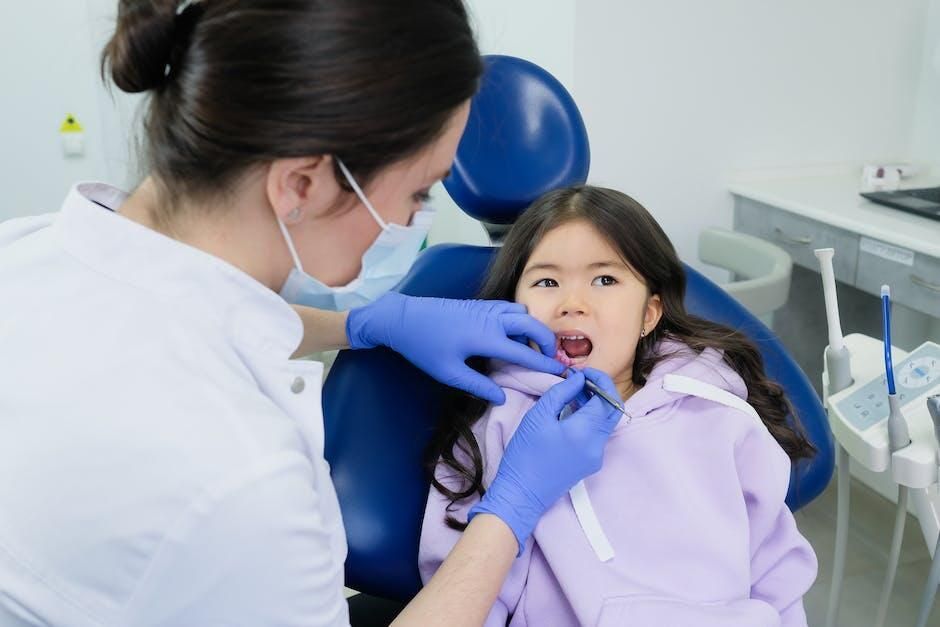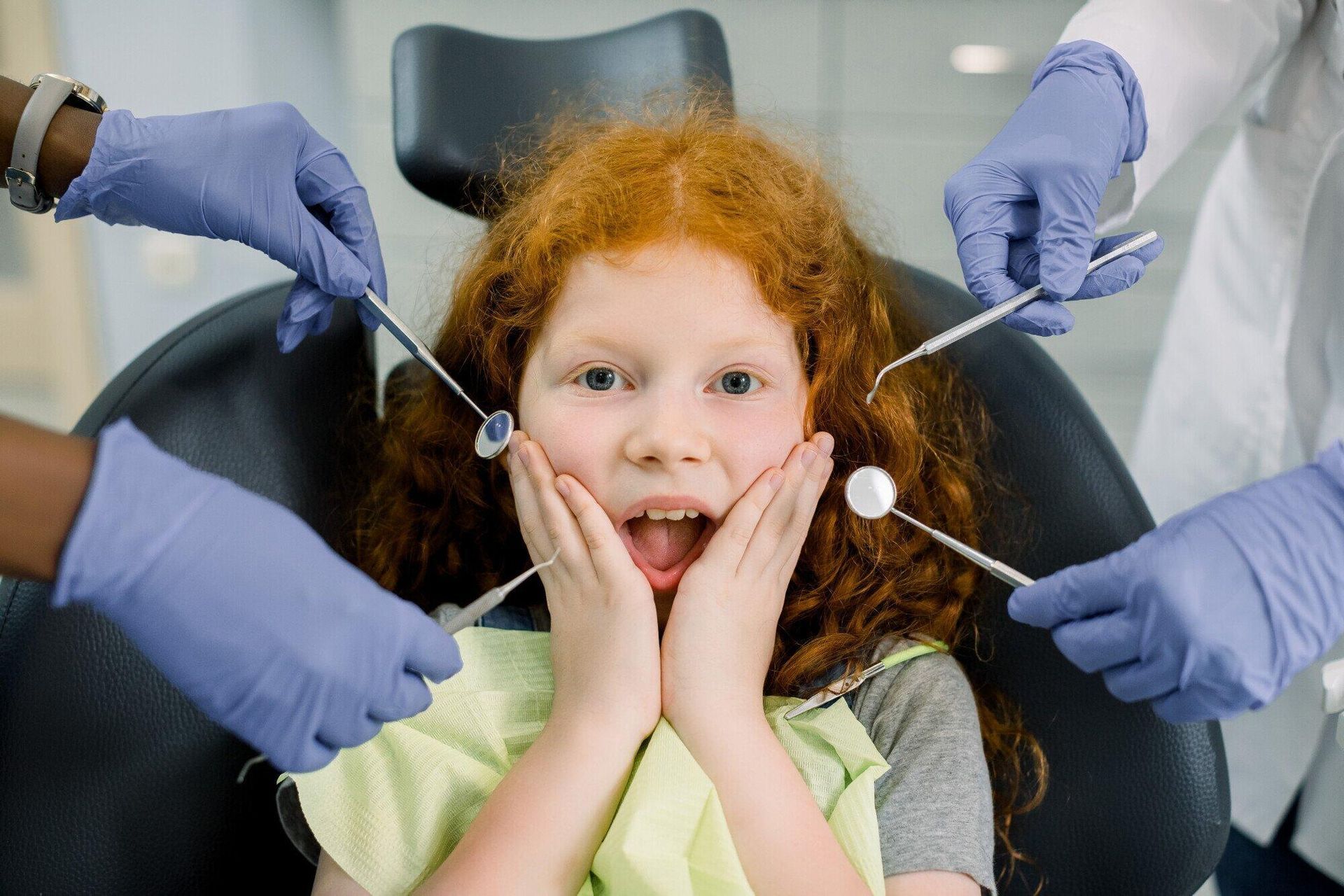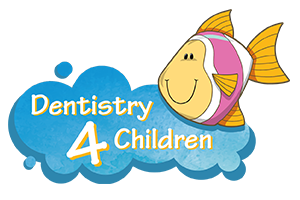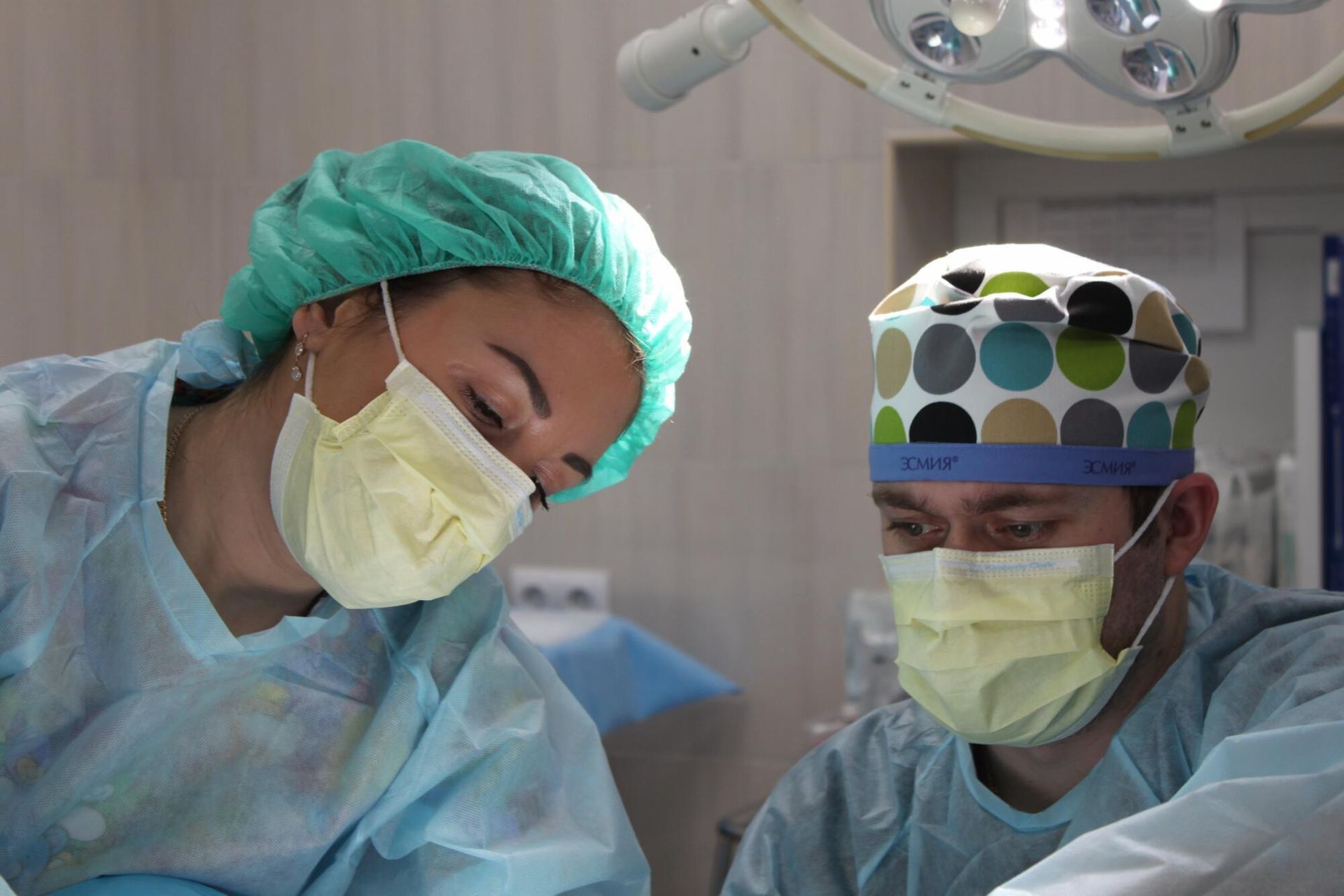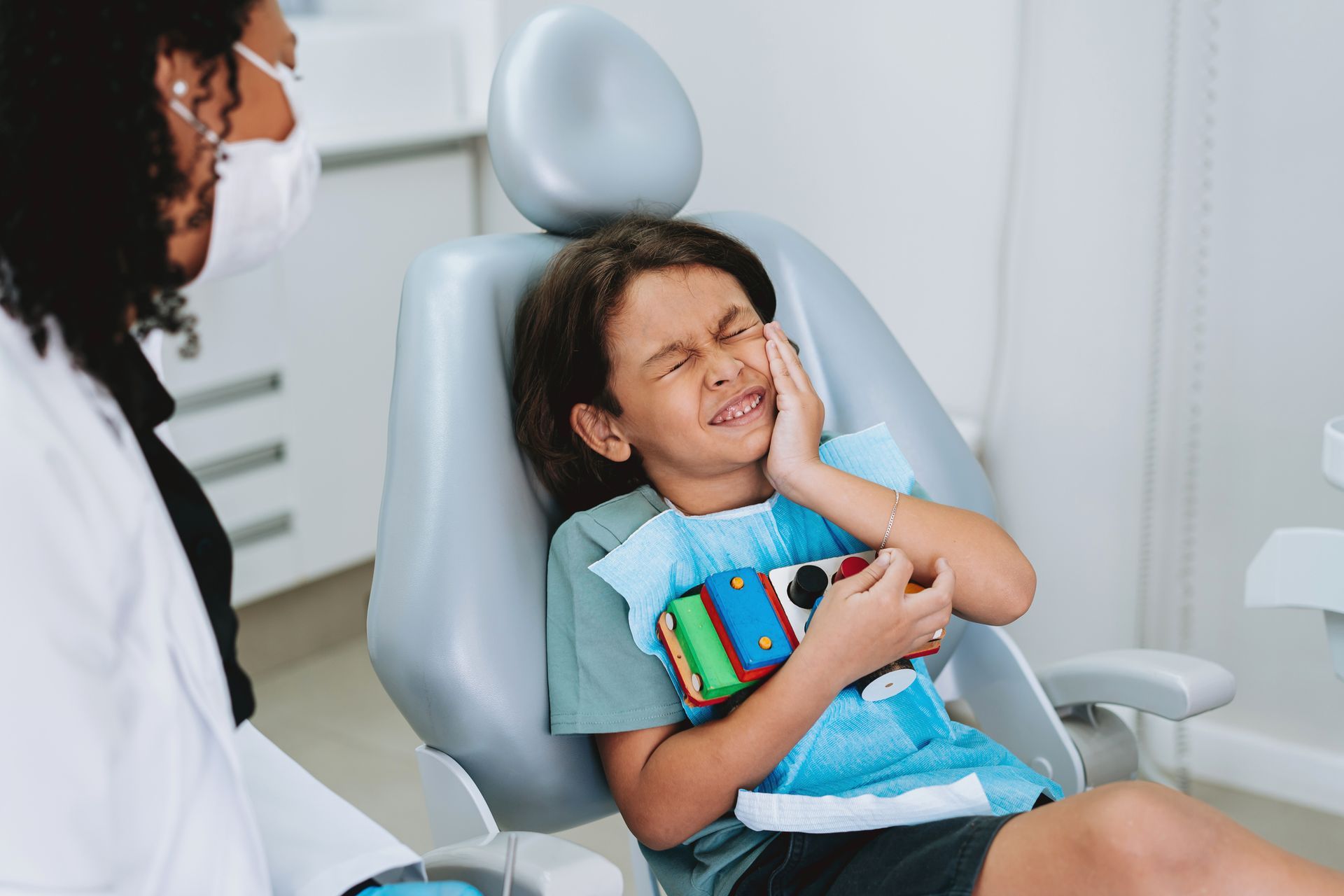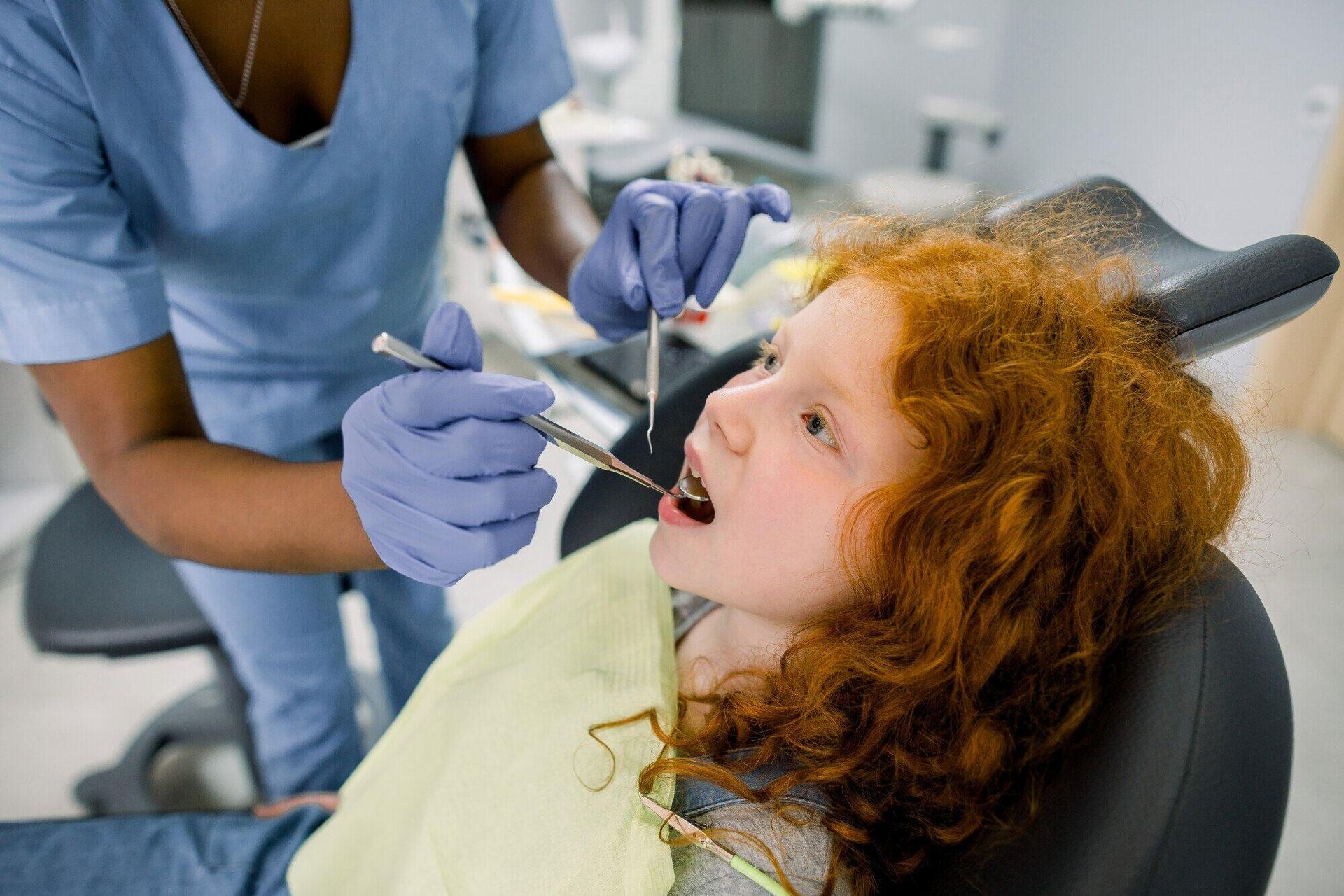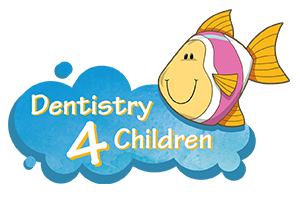The Benefits of Oral Surgery for Improved Oral Health
About one billion people worldwide suffer from oro-dental trauma (injury to the teeth, mouth, or oral cavity) each year. Without treatment, you could experience complications, which can affect your quality of life. Your dentist may recommend a dental operation.
Trauma is only one reason you may need oral surgery, though. Read on to discover how different types of dental surgery can benefit your oral health and overall long-term health!
Restore Dental Function
Oral surgery could help restore your oral health, allowing you to maintain better health long-term. An operation could address a complex dental condition to:
- Eliminate infection
- Alleviate pain symptoms
- Prevent further oral damage
- Improve oral function
For example, perhaps you have a decayed, damaged, or impacted tooth (like a wisdom tooth). About 25% of adults ages 45 to 64 have untreated dental caries. Another 20% of adults ages 65 and up have untreated cavities.
You're never too old to develop tooth decay. Your dentist may recommend surgical removal.
Neglecting to remove a decayed tooth can lead to complications, including:
- Pain that affects your quality of life
- Abscess (a bacterial infection)
- Damaged or broken teeth
- Shifting teeth
- Chewing problems
- Swelling or pus
- Weight loss or nutritional problems
- Tooth loss
These issues can lead to additional complications. A decayed tooth could make it difficult for you to chew. You may start avoiding certain foods, leading to nutritional issues and weight loss.
If you lose a tooth, it can affect your appearance, confidence, and self-esteem. Surrounding teeth will start shifting toward the gap. Teeth shifting can affect your bite.
A tooth abscess can lead to serious, life-threatening infections. The infection could travel through your bloodstream and compromise your long-term health.
Tooth Extractions and Dental Implants
Different types of dental surgery can remedy these problems. If you've lost or damaged a tooth, talk to your dentist. They may first recommend a tooth extraction.
Once they remove any remaining fragments, they may recommend dental implants. Your dentist can insert the implant into your jawbone to replace a missing tooth.
The implant will function as a natural tooth root. It will stimulate your jawbone, allowing you to avoid deterioration or bone loss. Over the course of three to six months, osseointegration will occur.
Osseointegration allows your jawbone to grow around the implant. This ensures the implant will remain stable. Unlike dentures, the implant won't shift when you chew or speak (which can cause discomfort or self-esteem issues).
The implant will hold a dental crown, which will look and function like a natural tooth. A dental implant can restore your smile. This oral surgery will improve your ability to chew and speak while boosting your self-esteem.
Improve Aesthetics
Many oral surgery procedures can enhance your facial aesthetics. These surgeries include:
- Corrective jaw surgery
- Dental implants
- Facial trauma reconstruction
These procedures could improve your facial symmetry and balance. Improving your appearance can benefit your self-esteem.
Over half of America is unhappy with how their teeth look. Some feel self-conscious about the appearance of their teeth while others have crooked teeth. If you're unhappy with your smile, consult your dentist.
Improving the appearance of your teeth and jaws can help you feel confident in your appearance. A confidence boost can benefit your mental health. You'll smile more often, leading to more dopamine and serotonin production.
These neurotransmitters influence mood regulation. Boosting your mood can benefit your quality of life.
Neglecting to seek treatment can compromise your oral health. Inflammation throughout your body could increase. Excess inflammation in the brain could increase your risk of depression.
Before that happens, consider improving your oral health by preparing for oral surgery. A dental operation can minimize bacteria in your mouth, reduce inflammation, and minimize your risk of depression.
Corrective Jaw Surgery
A skeletal discrepancy, misalignment, or asymmetry can lead to jaw irregularities. These problems can affect your bite function and facial aesthetic. You may struggle to:
- Breathe
- Speak
- Chew
Oral surgery can improve your overall facial balance and functionality. Oral surgeons can also treat jaw disorders like temporomandibular joint (TMJ) disorder. They may recommend:
- Joint replacement
- Arthroscopy
- Corrective procedures
Surgery can restore your jaw function and alleviate pain symptoms. It will restore your ability to bite and chew. Improving your facial balance can boost your self-esteem.
Alleviate Discomfort
Oral health issues could cause pain while affecting your ability to speak, chew, and function. Surgery could improve your quality of life. You'll have an easier time communicating and chewing.
If you're in pain, you may start removing foods from your diet. You could develop a nutritional disorder or start losing weight.
Pain symptoms could keep you from getting enough sleep each night. Inadequate sleep can affect your mood, cognition, and ability to function.
If you're having trouble sleeping, talk to your dentist. They may determine you have obstructive sleep apnea. Surgery can alleviate your breathing difficulties to help you get the rest you need.
Talk to your dentist about your pain symptoms. They'll determine which types of dental surgery align with your concerns.
For example, you may need to extract a wisdom tooth. This procedure can address pain symptoms and reduce your risk of complications.
Better Long-Term Health
Surgery can prevent small issues from becoming bigger problems. For example, you can treat gum disease with a gum grafting procedure. This procedure will halt the disease's progression, allowing you to avoid tooth and bone loss.
Your oral health is linked to your overall health. Addressing oral issues through surgery can benefit your longevity and quality of life. Otherwise, bacteria will spread to other parts of your body, leading to complications.
Oral surgery is safe for adults and children. Your family can receive treatment to improve their health long-term.
Schedule Your Dental Operation Today
Don't let oral health issues affect your long-term health or quality of life. Instead, consider a dental operation to address the root of the problem. Your dentist will help you determine which types of dental surgery align with your needs.
Our team at Dentistry 4 Children and Bay Area Dental Specialists can improve your oral health. We're known for our gentle care and high technical standards in treating children and adults.
We can help your family maintain excellent dental health in a comfortable, familial environment. Contact us today to schedule an appointment.
